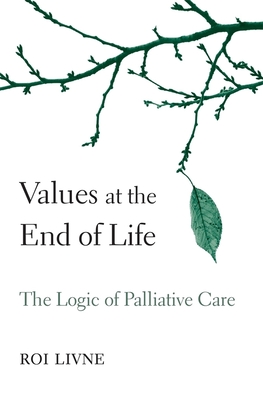Roi Livne
Livne's research is situated at the intersection of economic sociology, the new sociology of morality, science and technology studies, medical sociology, and political sociology. He has written about the relationship between moral and material life under capitalism, especially as it plays out in the U.S. healthcare economy—a sector that accounts for some 18 percent of the country's GDP.
Methodologically, Livne embraces a variant of the extended-case method; he mobilizes micro- and meso-level ethnographic observations to illuminate questions of broad theoretical significance, analyzing how structural forces manifest in day-to-day life and inform the most intimate ways people think of themselves.
Livne's book Values at the End of Life recounts the rise of "the new economy of dying"—a multi-billion dollar industry, embedded in strong moral convictions, popular sentiments, and professional practices that inform how clinicians and patients reach life-and-death decisions at the hospital bedside.
His other research projects tackled the political and social consequence of applying economic knowledge in policymaking and the social inequalities structured into science and expertise. He is currently studying the moral economy of pricing in U.S. healthcare, writing about COVID and its sociological significance, and pondering the question of limits in modernity.
Source: University of Michigan

